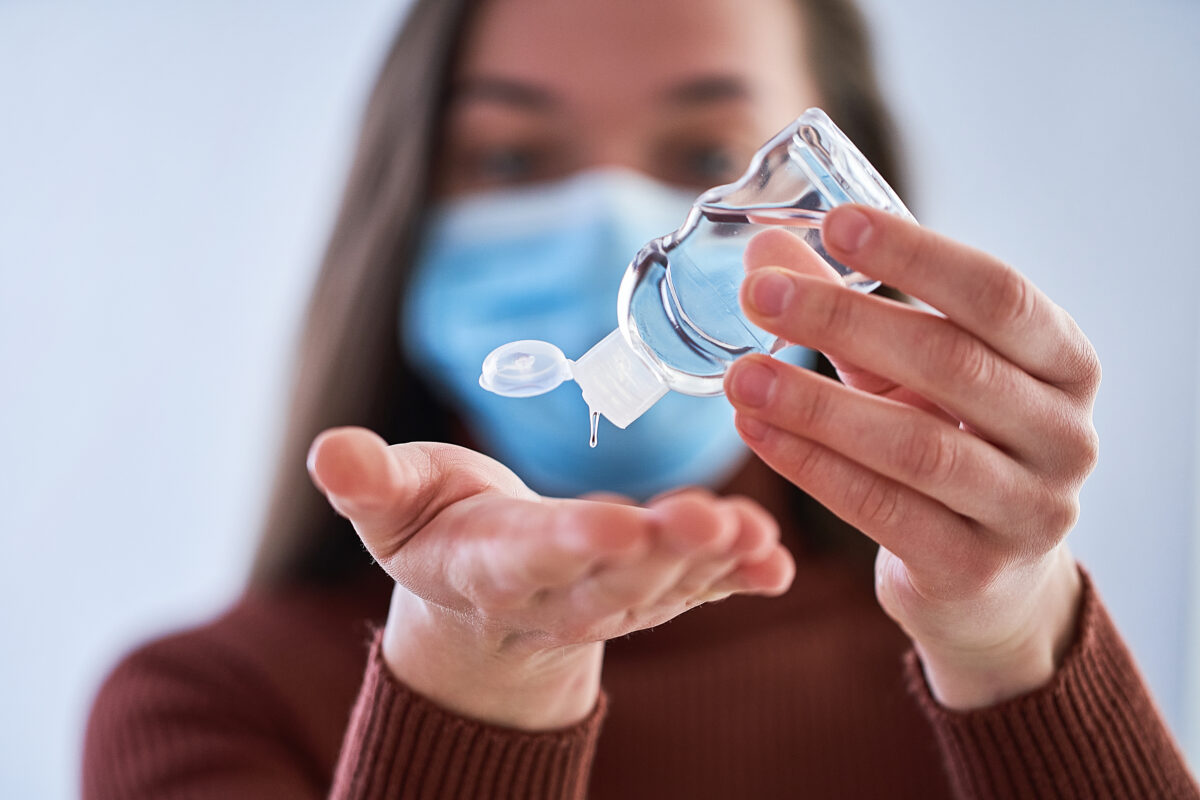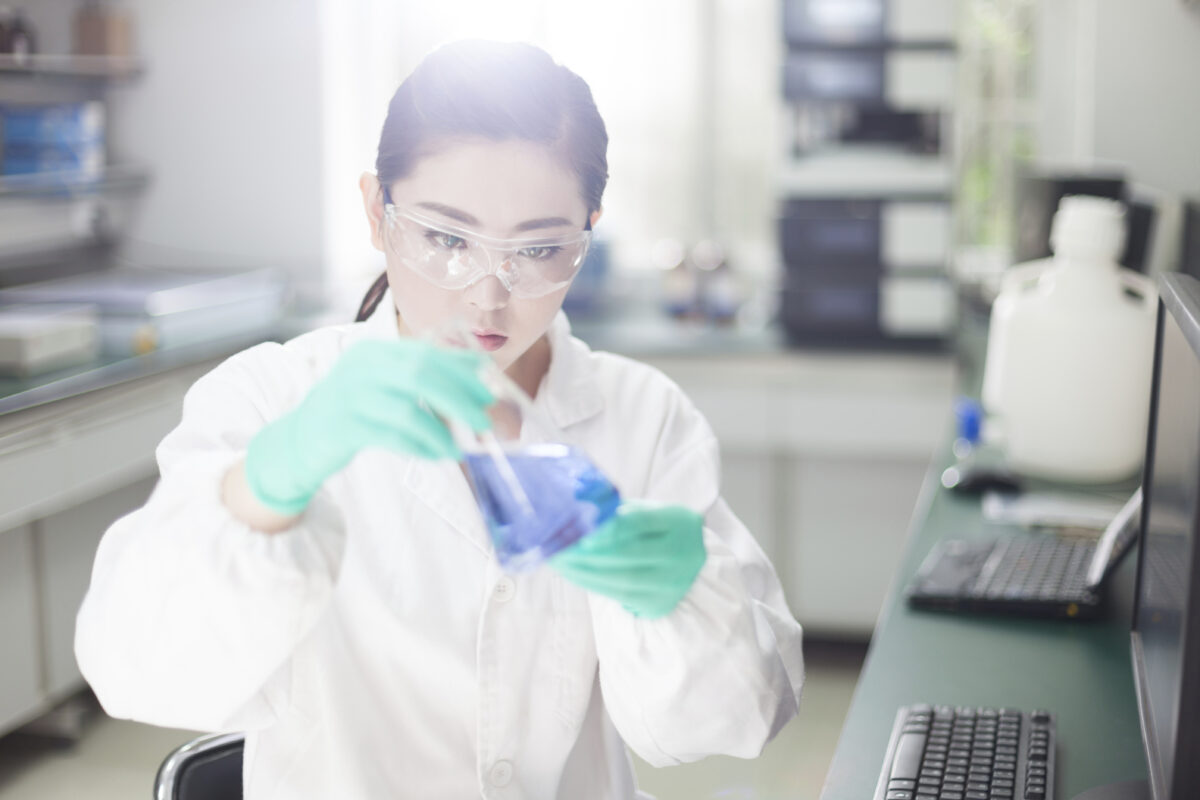Isopropyl alcohol or 2-propanol (CAS 67-63-0) is alcohol with the formula CH3CH (OH) CH3, colorless, volatile, with a strong characteristic odor, and easily flammable.
Production takes place by hydration of propylene through the direct or indirect method.
Its miscibility in water and ethanol, allow 2-propanol to be used mainly as a detergent in the cleaning of optical devices, as a solvent in offset printing, as an intermediate in pharmaceutical and cosmetic syntheses, and finally in the production of disinfectants.

In 2009, the WHO, in order to deal with some health emergencies at a global level, made available the “Guide to local production: WHO-Recommended hand rub formulations” for the preparation of alcohol-based hand hygiene products. It should be noted that this guide is not intended for preparation for sales purposes or for “do-it-yourself” production, but it is recommended for producers who intend to prepare formulations for local consumption and not for industrial purposes. The WHO provides two recipes for pharmacies or special laboratories and also includes information on the correct use and labeling of the final product.

Following the recipe to produce a solution with final concentrations of isopropyl alcohol at 75% (v / v (+ 5%), glycerol at 1.45% (v / v), hydrogen peroxide at 0.125% (v / v):
- Isopropyl alcohol 99.8%: 751.5 mL
- Hydrogen peroxide 3%: 41.7ml
- Glycerol 98%: 14.5 mL
The disinfectant formulations at the industrial level, containing 2-propanol as an active ingredient, fall instead within distinct regulatory processes, specifically:
- In Europe in the scope of EU Regulation 528/2012 (known as BPR, Biocidal Products Regulation)
- In Switzerland in the Ordinance on Biocides (OBioc).
The field of application of these disinfectants is limited to human hygiene (PT1), disinfectants, and algaecides not intended for direct application on humans or animals (PT2) and in human and animal nutrition sector (PT4).
In Switzerland on June 5, 2020, the Federal Council exempted surface disinfectants from the incentive tax on volatile organic compounds (VOCs), including formulations containing 2-propanol. The exemption was initially limited to August 31, 2020, but the Federal Council subsequently extended the exemption until December 31, 2021, with a retroactive effect to February 28, 2020.
Disinfectant manufacturers can request the return of the incentive tax to the AFD, VOC section, if they used VOCs subject to the tax for the production, using the form “Return request for disinfectants produced in Switzerland“. The application can be submitted monthly, but no later than March 31, 2022.